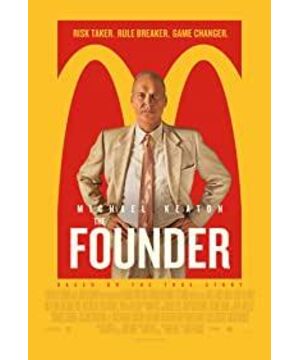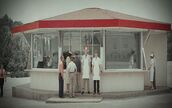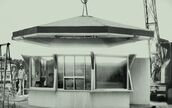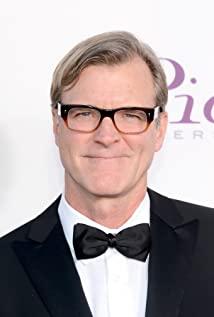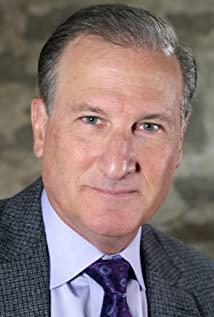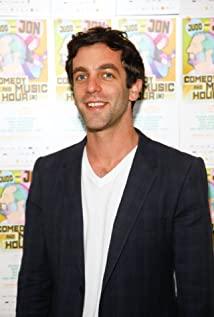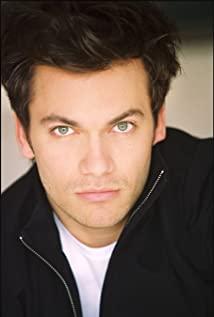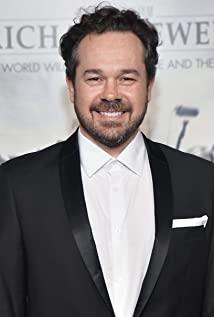Everyone thinks that McDonald's sells hamburgers, but in fact we do real estate. In 1955, the McDonald brothers established the world's first McDonald's in San Bernardino, California, USA, and it is also the "Golden Arch" that is now popular on the Internet. In 1961, Ray Crocker bought the McDonald's Brothers' hamburger chain for $2.7 million and built it into the world's largest fast food kingdom and real estate company. "The Great Entrepreneur" is a biographical film based on the true story of the founding of McDonald's.
The story of Ray Kroc, a 52-year-old milkshake blender salesman, once again ushered in the biggest turning point in his life in a sales trough. While a typical restaurant would only order one or two mixers, a drive-thru restaurant called McDonald's ordered six in one go. This made Ray travel thousands of miles to San Bernardino out of curiosity, and he was stunned by the business model of the small restaurant in front of him.
A small but reasonably convenient kitchen, with dancing chefs spinning around, operators with absolute control over bread, patties, fries and even pickles and salad dressings.
Because cigarette vending machines and jukeboxes would not attract bad boys and gangsters, most of the customers are families and car drivers who aim to satisfy their appetites. McDonald's mainly sells the three best-selling products: hamburgers, fries and soft drinks, cancels tableware and replaces it with disposable packaging, and creates an exclusive 30-second meal process.
This series of business ideas kept Ray Kroc tossing and turning when he came home and couldn't sleep. His wife is about to lose confidence in his turbulent career, but Ray is not reconciled to being ordinary. He quietly mortgaged the property, persuaded the McDonald brothers, and won the exclusive license to operate McDonald's.
At this point, I have to mention the beautiful quality of Ray Kroc's hard work and never giving up. In the first half of the film, I was also impressed by his sensitivity to business opportunities, his perseverance, and his spirit of facing difficulties. But Lei is a businessman after all, and the business world is like a battlefield. Perseverance and desperate courage on the road of life are true, as are ambition and greed on the way to entrepreneurship. These shiny fries turned into gold coins and slid into Ray's pocket as quickly as a McDonald's 30-second meal process.
The golden arches are the lighting lamps designed by the McDonald brothers to attract customers at the beginning of their business. They would never have imagined that the golden arches would step out of the town and become a symbol of the United States. In the later stage of the film, the style of painting changes suddenly. Lei is a successful businessman. He established McDonald's brand characteristics to get rid of the dilemma of investment and development, and finally achieved profitability, but he is also a "bad guy" who is absolutely stubborn and has a gambler character.
He and the McDonald brothers parted ways due to disagreement in their ideas, and took legal channels to buy McDonald's from the McDonald brothers for $2.7 million, but did not pay a cent of the copyright fee. He has been with him for many years, and his wife who accompanies and supports him can also abandon him after he gets rich.
I cannot morally criticize any of the characters in the film, which is the start of a fast food empire rather than a doomed romance. In business warfare, it is difficult to distinguish right from wrong, and business value may be the only measure.
Ray Kroc rose to every trough, holding on to every opportunity and who might be of help to him. He may not be a sincere collaborator and a good husband, but there is no denying that he is a quick-witted businessman.
In this battlefield without gunpowder smoke, honest people who don't understand flexibility seem to be destined to sacrifice for the consecration of some people. The McDonald brothers are the best example.
There is no sensationalism until the end of the film. The lonely faces of the McDonald brothers remind me of their pride at the beginning of the movie when they talk to Ray about McDonald's.
Not talking about the exciting success of learning, not talking about how to start a business, a dialogue between the McDonald brothers is the part that impressed me the most in the whole film.
At the time, the McDonald's brothers were selling hot dogs and orange juice in Arcadia, and because of scale problems they were going to set up a prototype McDonald's in the adjacent city of San Bernardino.
But the first problem they faced was not enough money to buy a new storefront.
That's when Dick (one of the McDonald's brothers) said, "Why don't we just move our current store over there? Put it on a truck."
This is a good idea, but there is an overpass between the two cities, and shops cannot pass.
Things seem to be back to where they started, and nothing can be done.
After a while, Dick said again, "Why not saw our shop in half?"
That's right, it's broken down in half for shipping.
You see, success and failure have their own tastes, and every problem that can be called a problem has a solution.
Of course, if you're willing to work it out.
View more about The Founder reviews


